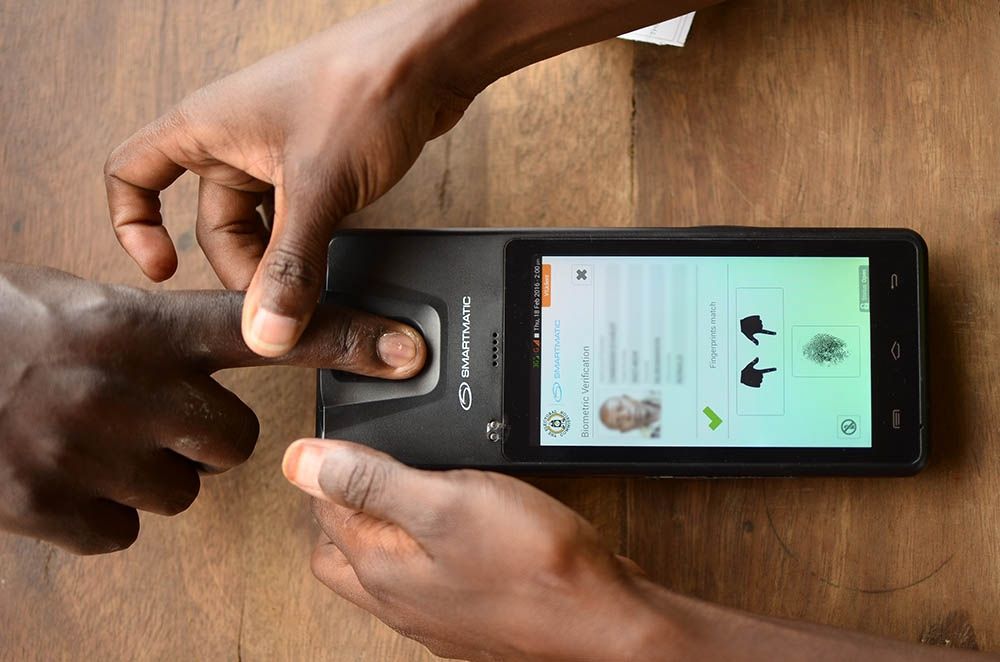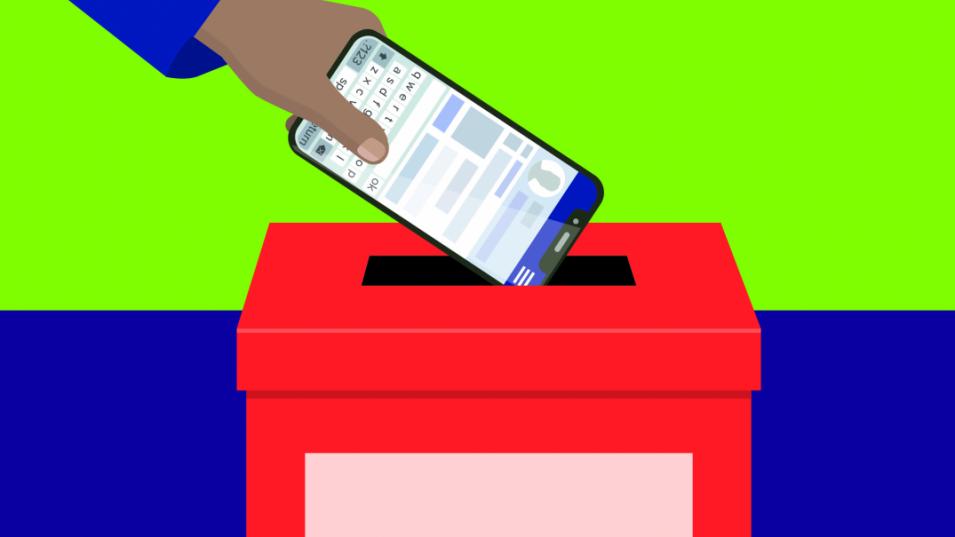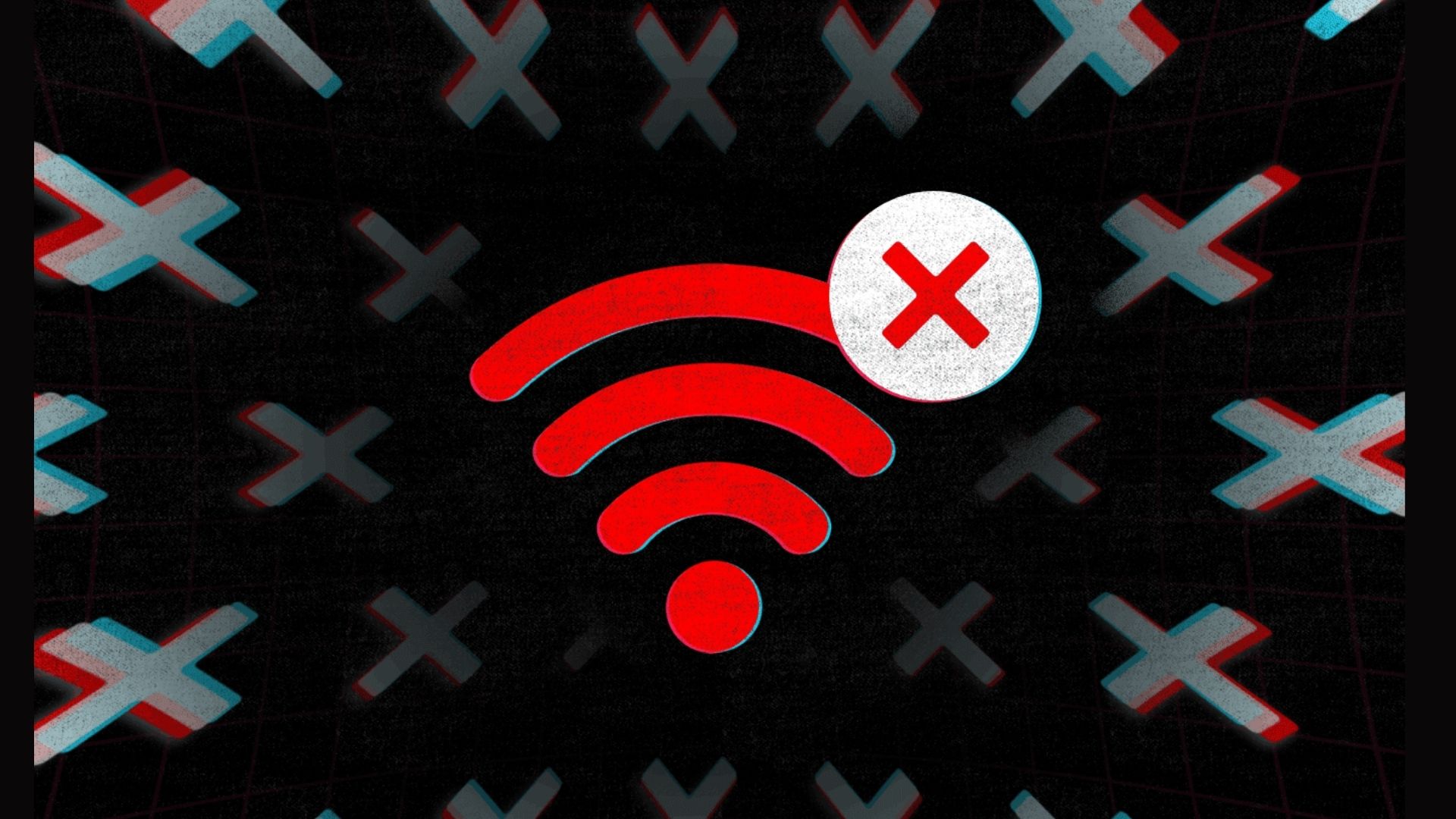Biometric Machines Exasperate Voters in Uganda’s 2021 Elections

Photo by Smartmatic
Biometric Machines Exasperate Voters in Uganda’s 2021 Elections
On January 14, 2021, Uganda conducted presidential and parliamentary elections extending President Yoweri Museveni’s 35-year rule. It is the second election in a row that the East African country has attempted to use Biometric Voter Verification Kit (BVVK) with the intent to curb rigging.
The use of Biometric machines was introduced in the 2016 general elections but the machines largely failed to work and the Electoral Commission (EC) which is the electoral body resorted to manual verification of voters using a voters’ register.
In his pre-election televised address on January 12, 2021, President Yoweri Museveni emphasized the need for all voters to have fingerprints captured to avoid multiple voting. Unfortunately, the 38,500 machines imported by EC into the country a week before the voting day were marred with technical glitches.
The electoral body’s late delivery of the machines did not provide ample time for training polling assistants and machine testing ahead of polling.

In several places, the machines failed to read thumbprints of some voters despite their names appearing on the voter register, creating confusion.
According to media reports, for instance in Kampala, Nakinyogozi polling station in Makindye Division, polling assistants relied on only the register after the biometric machines failed to work. Voters complained that even the machines that were working were so slow forcing many of their colleagues to walk away.
Whereas the biometric machines are meant to curb vote-rigging, there are complaints by some people who found unknown individuals who had voted on their behalf.
Beatrice Asiano a resident of Mbale city found that someone else had voted in her name and wondered how with the biometric machine in place, an impersonator voted on her behalf.
The glaring biometric irregularities downplay the standard of a credible election and it is more important than ever to legally regulate the use of technology during elections.
The Biometric Voter Verification Kit integrates fingerprint, camera, barcode technology, and online GSM connectivity. The use of technology during elections in Uganda is legalized under the Electoral Commission Act, 2020 as amended.
But even at polling centers where the biometric machines were able to capture data, the transmission was impossible due to internet shutdown. As disclosed by president Museveni, hours after being announced as the winner of the 2021 – 2026 presidential elections, assessing usage of the machines is hampered by internet blockade countrywide.
The Government of Uganda ordered all Internet Service Providers to shut down the internet ahead of presidential and parliamentary elections.




